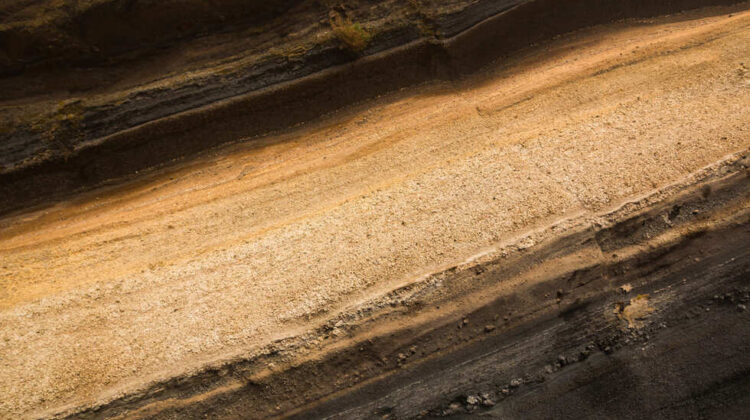
The Role of Geology in Shaping Civilisations
In the chronicles of yesteryears, the intricate nexus between geology and the evolution of civilizations has been both profound and multifaceted. This discourse explores the various ways in which the very substratum of our planet has influenced, moulded, and at times, steered the trajectory of human history.
The Cornerstone of Civilizations: Geological Wealth and Resources
At the heart of a civilization’s advancement often lies its capability to harness and exploit natural resources. Geological structures such as mountain ranges and river valleys have not just supplied the essential constituents for construction and progress but have also served as natural bastions or conduits for trade. The extraction and exploitation of minerals like gold, silver, and iron have been critical in the economic and martial prowess of empires.
Agriculture and Soil Fertility: Geology’s Mandate
A less celebrated, yet equally imperative aspect of geology’s impact lies in agriculture. The fecundity of soil, predominantly determined by its geological composition, has dictated the locales where societies could flourish. Regions endowed with fertile, volcanic soil, for example, have historically been centres of agricultural bounty, sustaining large populations and culminating in the rise of intricate societies.
Aquatic Resources: Springs, Rivers, and Civilization
Water, the lifeblood of civilization, and its availability is greatly influenced by geological features. Springs, rivers, and aquifers have not just furnished the water essential for daily existence but have also been pivotal in the genesis of irrigation systems, indispensable for agriculture in parched locales.
Trade and Commerce: Shaped by Geological Formations
Trade routes have frequently been moulded by geological formations. Mountain passes, river valleys, and straits have been the lifelines of commerce throughout the ages, with civilizations controlling these pathways often emerging as economic titans.
Architecture and Urban Design: A Geological Lens
The very stones that formed ancient metropolises narrate a story of geological influence. The presence of specific rock types has influenced architectural styles and construction methodologies. For instance, the employment of limestone in classical architecture or granite in medieval fortresses.
Natural Cataclysms and Their Impact on Civilizations
Geological phenomena such as earthquakes, volcanoes, and tsunamis have also played a dramatic role in sculpting human history. These events have precipitated the decline of cities, altered power dynamics, and in some cases, led to the complete obliteration of certain cultures.
Energy Resources and Industrial Progression
The Industrial Revolution, a pivotal epoch in human history, was propelled by geological resources like coal and oil. The distribution of these resources has had an enduring impact on global geopolitics and the economic status of nations.
Climate and Geology: A Tangled Interplay
Climate, influenced by geological factors like mountain ranges and ocean currents, has also played a crucial role in the evolution of civilizations. The ascent and descent of empires have often coincided with climatic variations, influenced by geological alterations over eons.
Conclusion: Geology – The Underlying Force of History
In summation, geology has been a silent yet potent force in shaping the destinies of civilizations. From the raw materials that fuelled ancient empires to the climatic shifts that dictated agricultural success, the Earth beneath our feet has been a constant, albeit often unacknowledged, participant in the grand narrative of human history.
Author: Levi Burrell
Science divulgator. He writes for numerous popular science magazines. Collaborates with the Deeping in the area of science dissemination
